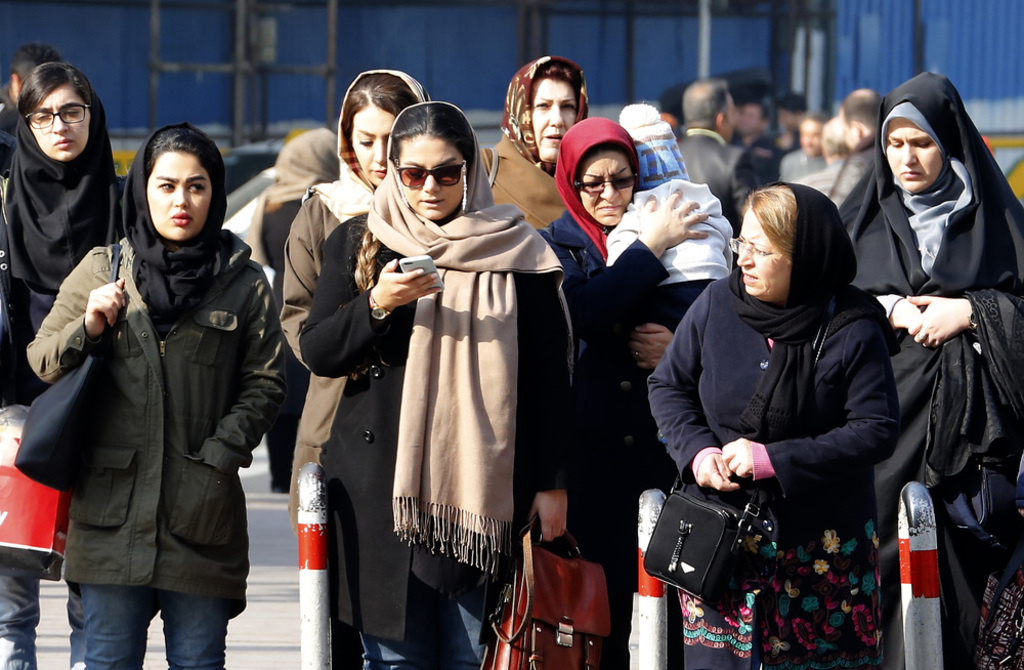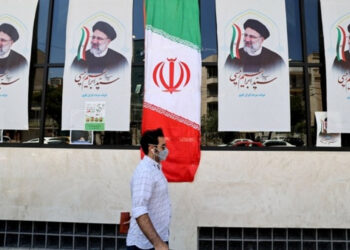Iran’s list of grievances against the United States is long. It comes as no surprise that Tehran filed a lawsuit against the U.S. three weeks ago, complaining that through Washington’s actions, and in particular the imposition of the economic sanctions after the withdrawal from the 2015 nuclear deal, the country had violated a 63-year-old treaty between the two countries.
With the lawsuit, Iran refers to the Treaty of Amity, Economic Relations, and Consular Rights that was signed by Dwight D. Eisenhower’s administration in August 1955, after the CIA and Britain’s MI6 overthrew Iran’s democratically-elected government of Mohammad Mosaddegh two years prior. The treaty was supposedly meant to mend the relationship between the U.S. and the people of Iran in the aftermath of the coup. It called for close economic relations and cooperation, regulating consular relations, and encouraging more trade.
In Iran’s formal complaint to the UN’s International Court of Justice, the country argues that the U.S. is in breach of its obligations to Iran under six of the articles of the 1955 treaty.
According to the treaty, the U.S. cannot impose economic sanctions against Iran, hinder Iran’s economic relations with other nations, hinder Iran’s economic development through preventing its export of oil or other items, ban Iran’s citizens’ travel to the U.S., or threaten Iran. But that, and more, is exactly what the U.S. has been doing for the past 40 years.
For years, successive administrations have supported various opposition groups against Tehran, which violates the Algiers Accord that ended the Hostage Crisis of 1979-1981. Under this agreement, the U.S. pledged that it will be their policy “not to intervene, directly or indirectly, politically or militarily, in Iran’s internal affairs.”
However, the George W. Bush administration devoted $75 million to support Iran’s opposition groups. In a recent speech in Southern California, where a large community of Iranian-Americans lives, Secretary of State Mike Pompeo spoke about supporting the opposition groups. Rudy Giuliani, the president’s attorney, and John Bolton, Trump’s national security adviser, have both been paid lobbyists for the MEK, the exiled opposition group that collaborated with the regime of Saddam Hussein during the Iran-Iraq war. Iran’s grievances do not end with violations of the Algiers Accords and the 1995 treaty. The complete list is long.
For 25 years, the U.S. supported the dictatorship of Shah Mohammad Reza Pahlavi. The U.S. sided with Saddam Hussein’s regime during its war with Iran. It destroyed two of Iran’s offshore oil platforms in the Persian Gulf in 1987, attacked the Iranian navy in the same year, and shot down Iran’s passenger airliner over the Persian Gulf in July 1988, killing 290 people, including 63 children.
For at least a quarter century the U.S. has prevented large-scale foreign investment in Iran, particularly in its oil and natural gas industries.
Ever since Iran’s 1979 Revolution, the image of Iran and its people that has been presented to the American public has been unreal and completely distorted. Iran’s population of 83 million is young, highly educated with a literacy rate of 85 percent, and very well connected to the rest of the world.

While Iranian people want democracy, respect for human rights, economic prosperity, and friendly relations with the rest of the world, they also reject outside intervention in their internal affairs.
The next step is for the international court to convene. Iran will present its case as to why it believes the U.S. is violating the treaty and the U.S. must defend itself. Iran has already had a partial victory when the international court ordered the U.S. not to impose any new sanctions at the end of July.
I believe Iran has an excellent chance of winning. Whether at the end the U.S. will recognize the court’s jurisdiction is an entirely different issue. In the past, on several occasions, when the court sided with countries against the U.S., the U.S. announced that it would not abide by the ruling.
So, next time when you read about Iran, remember what the U.S. has done to that nation for the past 65 years.
Disclaimer: The views and opinions expressed here are those of the author and do not necessarily reflect the editorial position of The Globe Post.




















